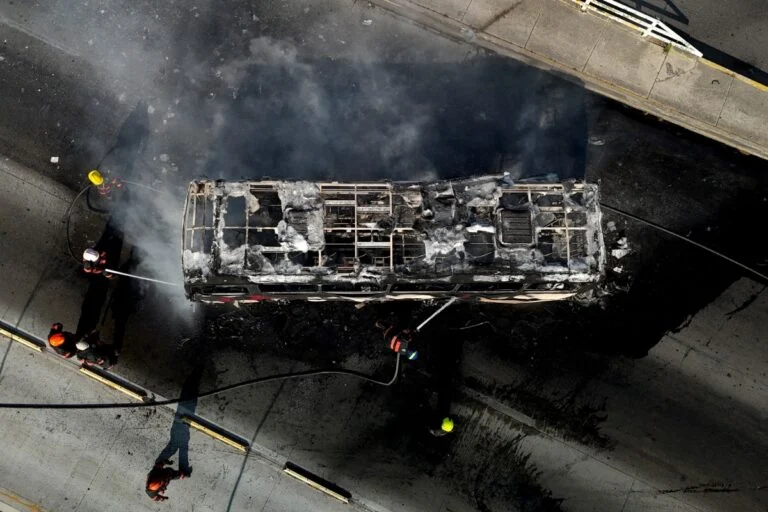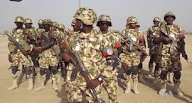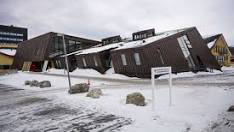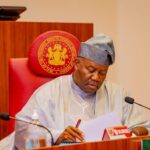Presidential Aide Questions Western Media’s Sources, Sparks Debate on NGO Credibility
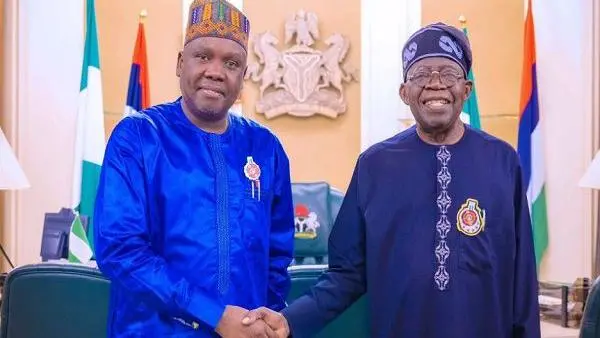
Dr. Daniel Bwala, the Special Adviser to President Bola Tinubu on Policy Communication, has ignited a public debate by asserting that Western media’s negative reporting on Nigeria is often fueled by Non-Governmental Organizations (NGOs) with foreign financial backing.
Bwala contends that these sources lack neutrality and should be disregarded in favor of data and assessments from established, credible institutions like Bureau of statistics
An analysis of Bwala’s comments, however, reveals complexities regarding the role and funding of non-state actors. While Bwala implies that foreign funding inherently translates to bias, many international NGOs that report on Nigerian affairs receive support from various foreign governments, charitable foundations, and other donors.
This funding is essential to their operations but does not automatically invalidate their findings, as these organizations typically employ independent research methodologies and strive to hold governments accountable for issues like corruption and human rights.
Furthermore, reputable NGOs maintain transparency regarding their funding sources, often disclosing them publicly. This transparency allows for the scrutiny of potential biases, which critics argue is a key pillar of their credibility.
Conversely, observers warn that relying exclusively on Nigerian government data, as Bwala appears to suggest, could yield a less-than-objective picture, arguing that local and foreign-funded organizations are crucial in documenting government shortcomings, especially where state-run media and institutions may lack full independence.
Bwala’s argument that Transparency International (TI) provides a more objective alternative is viewed as problematic because TI itself relies on significant foreign funding. Financial disclosures from the anti-corruption watchdog reveal substantial contributions from Western government agencies, multilateral institutions, and private foundations.
For example, donors include the U.S. Department of State, the German government (BMZ), and the Open Society Foundations.
Although TI officially maintains that it relies on a diversity of funding sources and will reject any contributions that might compromise its integrity, the organization is clearly not exempt from the very foreign funding influences that Bwala criticizes in other NGOs.
Bwala’s statement is largely interpreted as a strategic defense against criticism directed at the Nigerian government by Western media outlets.
By questioning the motives and funding of their sources, the Tinubu administration can attempt to deflect criticism and frame negative reports as part of a foreign-driven attempt to undermine the country.
This tactic often involves “whataboutism,” which redirects attention away from specific allegations and toward the alleged motives of the accusers.
This rhetoric also aligns with a common political strategy worldwide: accusing foreign interests of interfering in domestic affairs through the media and NGOs. Bwala has previously accused both foreign interests and local opposition figures of collaborating to fuel unrest and anti-government protests in Nigeria, suggesting a pattern of messaging aimed at discrediting critics and consolidating political support.


